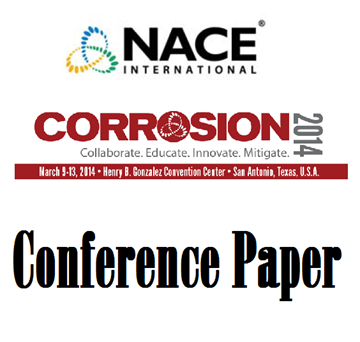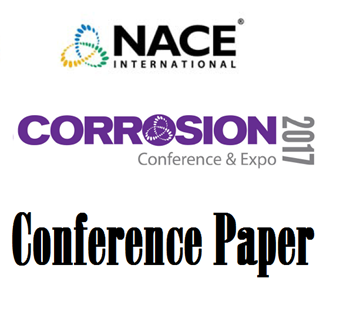Search
51312-01532-Corrosion Management of a Rich Gas Pipeline
Also Purchased
51314-3723-Pipeline Corrosion Management; a Compendium
Product Number:
51314-3723-SG
ISBN:
3723 2014 CP
Publication Date:
2014
$0.00
Aim Corrosion Management: Perfect Key Performance Indicators
Product Number:
51317--8823-SG
ISBN:
8823 2017 CP
Publication Date:
2017
$20.00
Recently viewed




